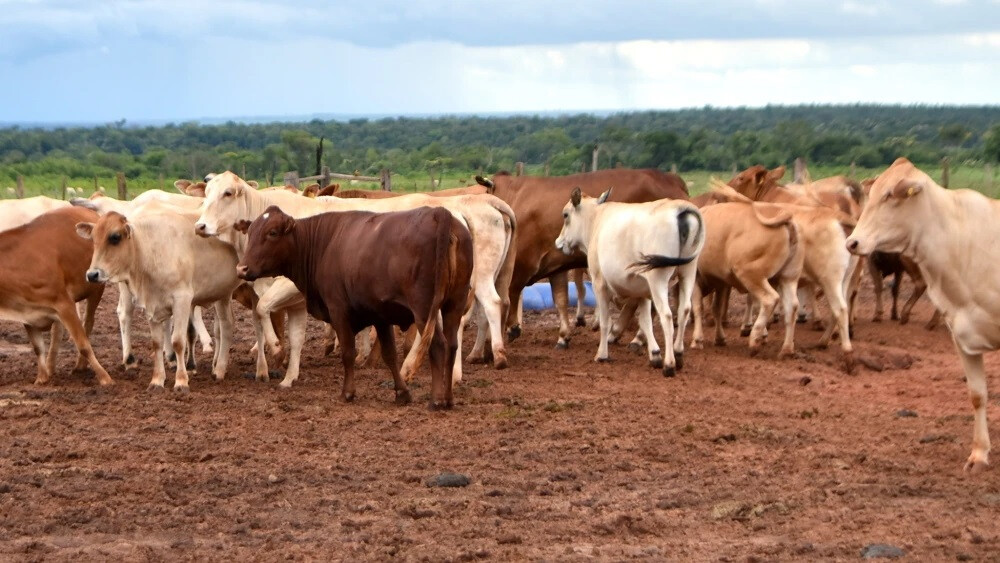
ASUNCIÓN, Paraguay – The Paraguayan livestock industry is reeling under the shadow of the informal economy. The Rural Association of Paraguay (ARP) has warned that widespread informality throughout the livestock sector is leading to reduced productivity, threatening consumer health, and causing immense losses to the national economy. The ARP is urging the government to intervene proactively.
Daniel Prieto, president of the ARP, pointed out in a Mentu Consulting report that informality is rampant throughout the entire livestock process, from raising cattle to distribution and final consumption. He emphasized, "Illegal inflow of inputs necessary for production, such as feed and animal pharmaceuticals, non-compliance with social security, and transactions at unauthorized meat processing facilities are prevalent." He particularly highlighted that "small-scale livestock farmers, excluded from financial services, rely on cash transactions, becoming a major conduit for the informal economy." This can escalate into a serious issue, compromising the hygiene and safety management of livestock products and endangering consumer health.
President Prieto elaborated on the impact of the informal economy on the livestock industry. Illegally distributed low-quality feed and animal pharmaceuticals harm the health and productivity of livestock while encroaching upon the market for products distributed through official channels. Furthermore, informal transactions that bypass livestock registration and quarantine procedures increase the risk of disease spread and make livestock product traceability impossible, creating significant gaps in hygiene management. Slaughter and processing conducted in unregistered facilities not only fail to meet hygiene standards but also do not guarantee basic worker rights, leading to social problems.
As a core strategy to combat this informality, the ARP proposed expanding the adoption of digital payment systems. President Prieto stated that "cash is a hotbed of informality and can be exploited as a tool for crime," and that the ARP is actively encouraging the use of electronic payment systems in cooperation with Fundassa (Foundation for Animal Health Services). Digital payments are expected to significantly contribute to reducing the size of the informal economy by ensuring transaction transparency and making financial flows traceable.
However, the ARP ultimately argues that a strong government role is essential. Regarding the release of the 2024 underground economy report, President Prieto asserted that "the absence of the state, especially in rural areas, further fuels informality." He added, "Long distances to government offices and complex, tedious administrative procedures discourage farmers from formalizing, which in turn leads to a slowdown in livestock activities." This suggests that the government must improve accessibility to rural areas and simplify administrative procedures to help farmers easily and conveniently integrate into the formal economic system.
Meanwhile, Paraguay's underground economy in 2024 is estimated to be approximately $15.777 billion (around 21.8 trillion Korean won), accounting for 35.1% of its GDP. This is recognized as a serious problem that not only results in national tax revenue losses but also undermines a fair competitive environment and weakens the nation's overall development potential. As the livestock industry is one of Paraguay's key economic drivers, the issue of informality in this sector directly affects the country's economic soundness.
The ARP emphasized that the government must strengthen administrative power and oversight in rural areas while also implementing practical support measures to enable livestock farmers to join the formal economy. All eyes are on whether the Paraguayan livestock industry can break free from the shackles of informality and achieve sustainable growth through the creation of a transparent transaction environment and the widespread adoption of digital financial systems.
[Copyright (c) Global Economic Times. All Rights Reserved.]




























